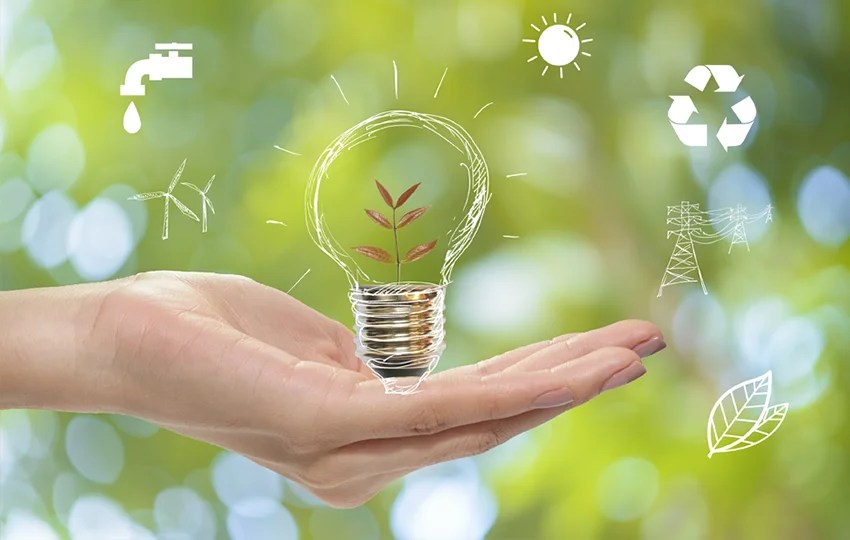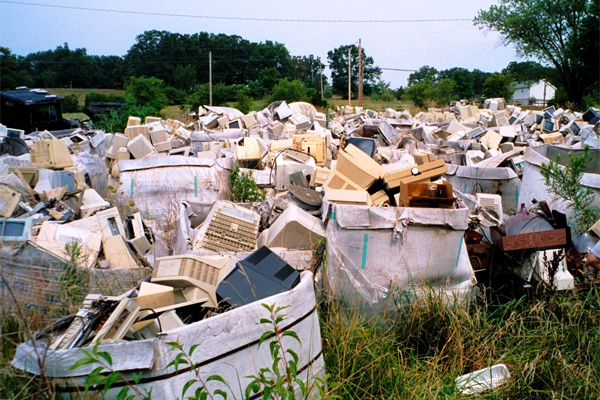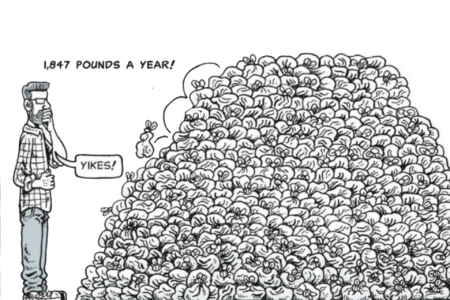
Introduction
Recycling plays a crucial role in conserving energy by reducing the need for energy-intensive extraction and processing of raw materials. This article explores the historical background of recycling and its connection to energy conservation.
Historical Background
Recycling has a long history, dating back to ancient civilizations that reused materials. However, it gained significant attention in the 20th century due to growing concerns about resource depletion and environmental degradation.
Key Concepts and Definitions
Recycling refers to the process of converting waste materials into reusable materials. It plays a vital role in waste management by reducing the volume of waste sent to landfills and incinerators. Energy conservation, on the other hand, involves reducing energy consumption to preserve natural resources and mitigate climate change.

Main Discussion Points:
Energy Savings Through Recycling
Recycling reduces the need for energy-intensive extraction and processing of raw materials. By using recycled materials instead, less energy is required, resulting in significant energy savings.
Case studies have shown remarkable energy savings achieved through recycling. For example, the recycling of aluminum cans saves 95% of the energy required to produce new cans.
Reduced Energy Consumption in Recycling Processes
Energy-efficient recycling techniques, such as source separation and advanced sorting technologies, contribute to reduced energy consumption in recycling processes.
Recycling saves energy compared to traditional waste disposal methods like landfilling or incineration, which require significant energy inputs.
Energy Savings in the Manufacturing of Recycled Materials
Using recycled materials in manufacturing processes saves energy. The production of recycled materials requires less energy compared to producing virgin materials.
Numerous industries and products benefit from using recycled materials to conserve energy. For instance, the construction industry can reduce energy consumption by incorporating recycled materials into building projects.

Case Studies or Examples
The energy savings achieved through recycling aluminum cans are substantial. For every recycled aluminum can, a significant amount of energy is saved compared to producing a new can.
Electronic waste recycling contributes to energy conservation. The disposal of electronic waste is energy-intensive, but recycling these materials reduces energy consumption and conserves resources.
Current Trends or Developments
Recent research findings highlight the energy-saving potential of recycling. Studies show that recycling can significantly reduce the energy footprint of various industries.
Emerging recycling technologies and practices contribute to energy conservation. Innovations such as advanced sorting systems and chemical recycling offer promising solutions to improve energy efficiency.
Challenges or Controversies
The debate surrounding the energy efficiency of recycling versus other waste management methods continues. Some argue that recycling requires energy, while others believe it is a more sustainable option in the long run.
Promoting and implementing efficient recycling programs face challenges such as lack of awareness, inadequate infrastructure, and inconsistent recycling policies.

Future Outlook
Recycling holds great potential for energy conservation in the future. As technology advances and awareness grows, the energy savings achieved through recycling are expected to increase.
Advancements and innovations in recycling technologies are likely to enhance energy conservation efforts, leading to a more sustainable future.
Conclusion
Recycling is a key strategy for conserving energy and reducing environmental impact. By adopting recycling practices and embracing sustainable waste management, we can make a significant contribution to energy conservation.




